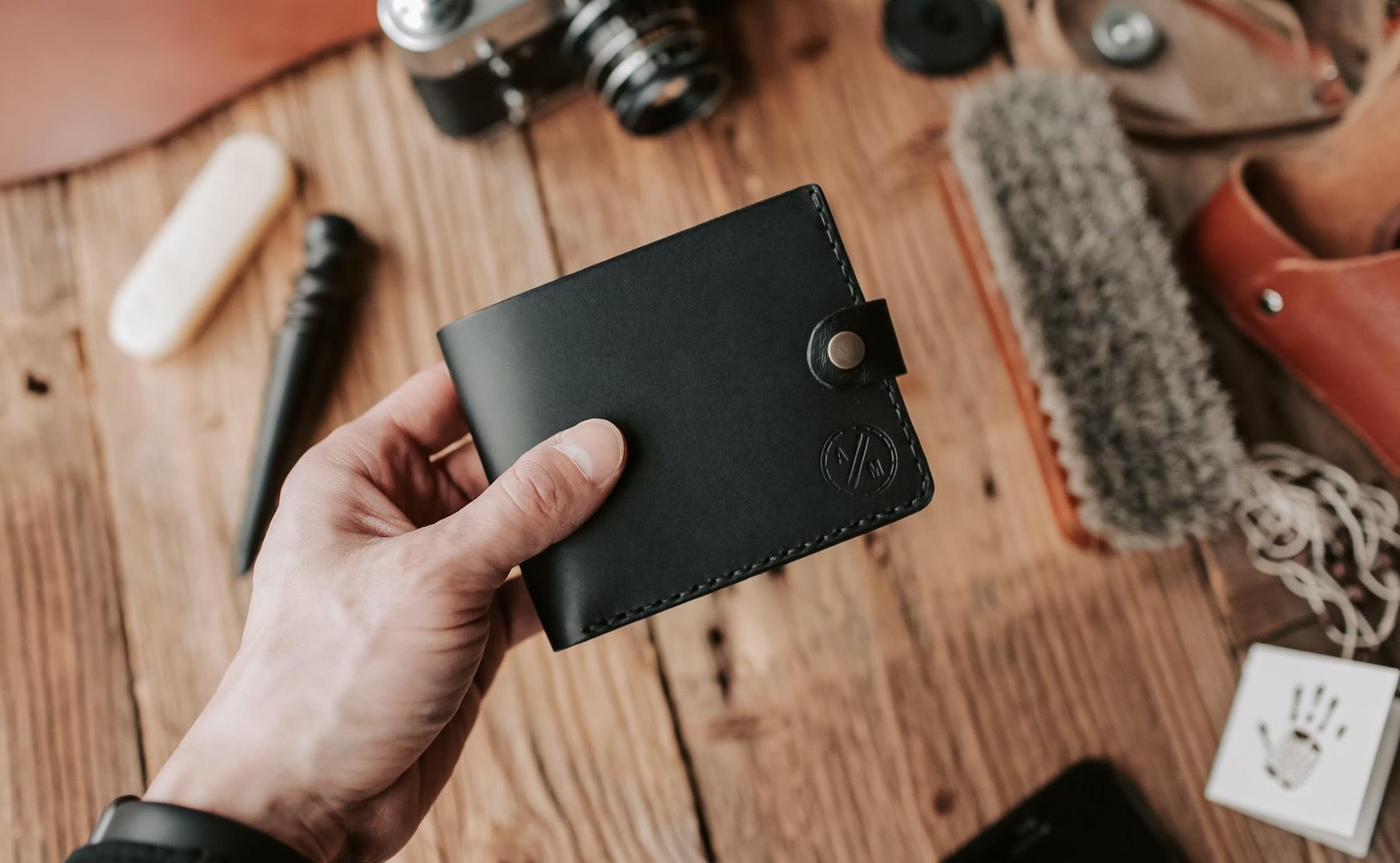Whether you prefer on-the-go convenience, enhanced security, easy access to anywhere, or offline storage, there are options to suit every need.
Mobile wallets are perfect for those who are always on the move, allowing you to manage your cryptocurrencies from your smartphone. If security is your main concern, hardware wallets offer an extra layer of protection by storing your coins offline.
On the other hand, web wallets provide easy access from any device with an internet connection. Lastly, hardware wallets are an ideal option for those who want to keep their cryptocurrencies completely offline.
Discover the perfect wallet for your crypto journey.
Mobile Wallets for On-the-Go Convenience
If you’re looking for ease and convenience, a mobile wallet that’s super easy to use while you’re on the go is a must-have.
You should check out these three options:
Coinbase Wallet
The first option is Coinbase Wallet. It is a widely popular mobile wallet with a simple and user-friendly interface. With Coinbase Wallet, you can easily store, send, and receive a wide variety of cryptocurrencies. Even if you’re new to cryptocurrencies, navigating and managing your assets is straightforward.
Its user-friendly wallet also allows you to manage your decentralized applications (DApps). Moreover, it takes security seriously. It offers FDIC insurance on its cold storage facility.
Trust Wallet
The second option is Trust Wallet. It is another excellent choice for mobile users, offering a seamless and intuitive experience.
Trust Wallet supports a wide range of cryptocurrencies and provides a secure storage solution. It also integrates with various DApps, allowing you to explore the decentralized ecosystem.
It’s a popular choice among cryptocurrency enthusiasts for managing digital assets in a user-friendly interface. It can store many different types of cryptocurrencies. This means you can keep Bitcoin, Ethereum, and many other types of digital coins and tokens in one place.
Trust Wallet places a strong emphasis on security. Your private keys (which are like the secret codes that give you access to your cryptocurrencies) are stored on your device and not on any server. This means you have full control over your digital assets. When you use Trust Wallet, your personal information is not collected, which helps in maintaining your privacy.
You can exchange one cryptocurrency for another directly within the wallet. This feature makes it easy to swap different types of digital currencies without needing to use a separate exchange service.
MetaMask Wallet
Lastly, with the popularity of ERC-20 tokens, using MetaMask is another way to create an intuitive crypto wallet that is popular and highly reliable. It is a popular cryptocurrency wallet and gateway to blockchain apps, widely used for interacting with the Ethereum blockchain.
MetaMask primarily supports Ethereum (ETH) and Ethereum-based tokens, including ERC-20 and ERC-721 (NFT) tokens. It’s available as a browser extension for Chrome, Firefox, Brave, and Edge and also as a mobile app for iOS and Android. The browser extension allows users to interact with decentralized applications (dApps) directly from their web browser. Users control their private keys, which are encrypted and stored on their devices, providing a level of security and autonomy over their assets.
Besides Ethereum Mainnet, MetaMask supports other networks like Binance Smart Chain, Ropsten, Rinkeby, Goerli, and Kovan test networks, among others. While MetaMask is considered secure, users must be cautious of phishing attacks and scams. It’s crucial to never share private keys or seed phrases with anyone.
Hardware Wallets for Enhanced Security
You can’t go wrong with a hardware wallet for enhanced security; it’s the smart choice for protecting your digital assets. Unlike mobile wallets, hardware wallets store your private keys offline, making them immune to online threats like hacking or malware.
These devices are designed to be tamper-proof, with built-in security features that ensure your cryptocurrency remains safe. With a hardware wallet, you can fully control your funds and securely manage multiple cryptocurrencies in one device. The setup process is straightforward, and transactions can be authorized directly on the device, adding an extra layer of protection. While hardware wallets may cost more than other options, their peace of mind is invaluable for serious crypto investors.
Web Wallets for Easy Access Anywhere
Conveniently, web wallets allow users to access their digital assets from anywhere with an internet connection, ensuring ease of use and accessibility.
Unlike hardware wallets, web wallets are not physical devices but online platforms that store users’ private keys on their behalf.
This means that users can simply log in to their web wallet accounts from any device with an internet connection, eliminating the need to carry a physical wallet or rely on a specific device. Web wallets also often come with user-friendly interfaces and intuitive features, making them suitable for beginners in the cryptocurrency space.
However, it is important to note that using web wallets comes with inherent security risks, as users are relying on the security measures implemented by the wallet provider. Therefore, it is crucial to choose a reputable and trusted web wallet to ensure the safety of one’s digital assets.
Choosing the Right Wallet for Your Needs
When it comes to selecting the perfect wallet for your needs, you’ll want to consider factors like security, user-friendliness, and compatibility with your preferred cryptocurrencies.
There are several options available, each with its own advantages and disadvantages. We have already looked at some popular options above. These wallets are typically easy to use and offer good security, especially MetaMask or TrustWallet, when you want to dip your toes into crypto. However, you can go a step further and use hardware wallets, which are physical devices that securely store your crypto assets offline.
Remember, mobile wallets provide convenience for on-the-go transactions, while hardware wallets offer enhanced security for your digital assets. Web wallets allow for easy access from anywhere with an internet connection, and paper wallets provide offline storage for added protection.
Ultimately, the right wallet for you will depend on your specific needs and preferences.
